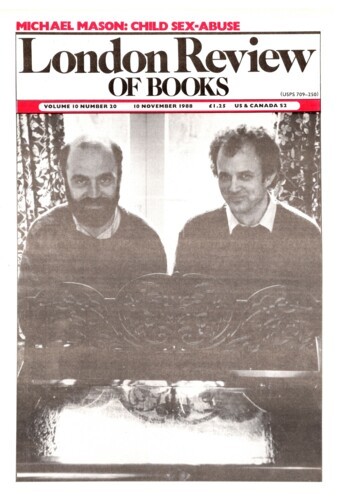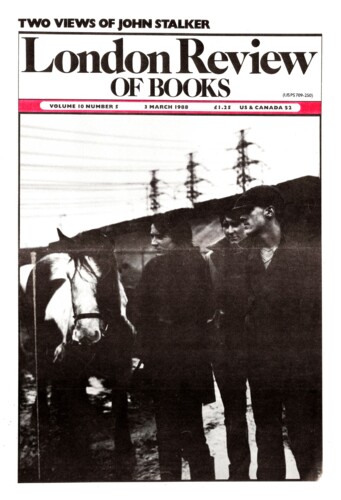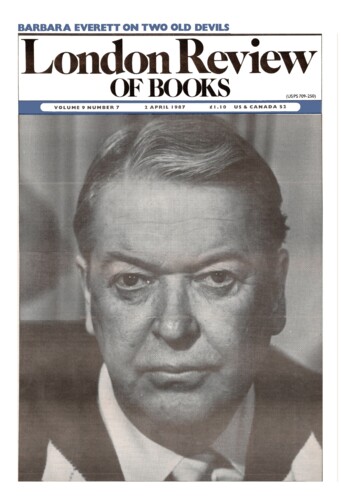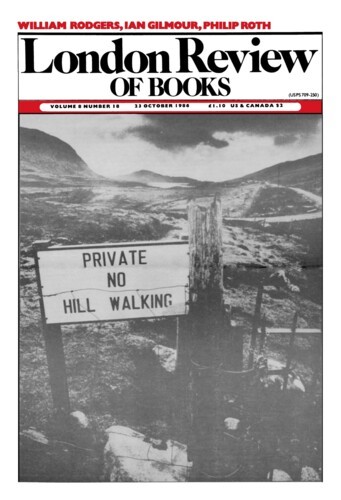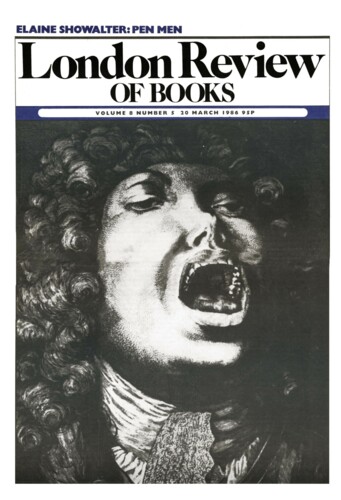As the bombs go off in Belfast, London, Paris, Berlin, Rome, Madrid, New Delhi, Beirut or wherever and the police start shooting ordinary citizens in order to preserve the peace, the television watcher develops a clear visual impression of what the word ‘violence’ signifies in contemporary English. To apply the same term to the ritual obscenities of bottle-throwing soccer fans somehow seems misplaced. David Riches is aware of this incongruity. His symposium contains 11 papers by 11 different authors drawn from the Proceedings of an ESRC-funded conference held at St Andrews University in January 1985. The violence under discussion is not a concept which readily translates from one cultural milieu to another. The English of the present day take it for granted that violence is a ‘bad thing’, a characteristic of law-breakers and terrorists: policemen and soldiers who may appear to be acting in much the same way are seldom described as violent. But at other times in our history and in other countries at the present day violent action has been differently assessed. Montaigne in his celebrated essay on cannibalism noted that the procedures for extracting confessions in 16th-century France seemed every bit as barbarous as those reported of the Tupi-speaking cannibals of coastal Brazil. Despite Riches’s valiant attempt to pull it all together, the range of themes covered in these essays, which include circumcision among the Gisu of Uganda, cannibalism by dead ancestors as a cause of death among the Piaroa of Venezuela, bull-fighting in contemporary Spain, shoot-ups in Northern Ireland, erotic films in Japan, and much else, is altogether too wide. A narrower view of what violence is about is to be preferred.
1 more book reviewed
As the bombs go off in Belfast, London, Paris, Berlin, Rome, Madrid, New Delhi, Beirut or wherever and the police start shooting ordinary citizens in order to preserve the peace, the television...
